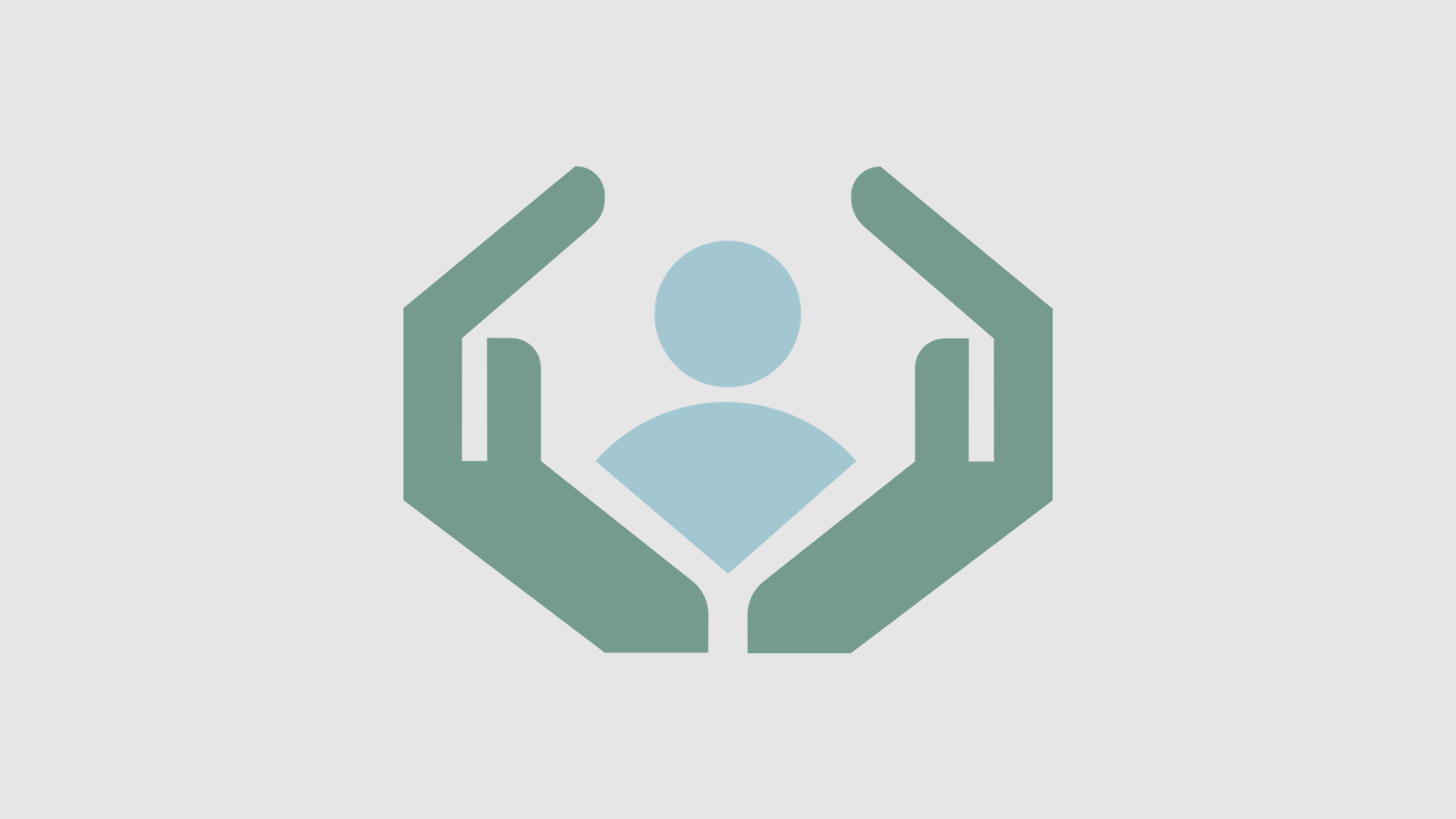
Dr. Philip Schlager
Ear, Nose and Throat Doctor
Carson Medical Group
Hearing loss is on the rise in the United States and the most common reason is noise. It is estimated that ten million people suffer from irreversible noise-induced hearing loss. Noise comes from a lot of sources. For many years, OSHA (Occupational Safety and Health Administration) has understood that noise in the work environment is detrimental to hearing and requires hearing protection for exposure to over 85 decibels in an eight hour work day. Examples of noise levels include a whisper at 30 decibels, a normal conversation at 60 decibels, a busy urban street at 85 decibels and a chainsaw at 110 decibels. Exposure to sound at 100 decibels can cause hearing loss in as little as 15 minutes. With this in mind, Ear, Nose and Throat doctors are seeing a rise in hearing loss in children. One in eight children aged 6-19 have some noise-induced hearing loss which is twice the rate as seen in 1971.
Noise is not a new phenomenon for children. In past generations, children have worked on farms, mowed lawns, cut down trees and fired guns for years without hearing protection; however mp3 players (personal music players) are new to the current generation and are here to stay. A visit to any school, mall or ball field will see a number of children and adults wearing them. Sometimes you can hear the music before you see them. The ever popular iPod has been measured as loud as 115 decibels at full volume. Certainly not everyone listens to them at that level, but the sound level is often turned up to block out background noise. Also, the ear buds (ear phones) are directed right into the ear canal only a short distance from the ear drum.
So what do we do? As OSHA has noted there are two factors to control, 1) intensity and 2) duration. As parents, if we can hear their music clearly with their ear buds in, then it is too loud. If you have to shout to get their attention over the music, then it is too loud. Sixty percent of the volume level for one hour is generally considered safe. Keeping ear buds in the ears with music playing during sleep is not recommended. Take regular breaks from the music. If there is a concern about hearing loss, then see an Ear, Nose and Throat doctor or an Audiologist for a hearing exam.







